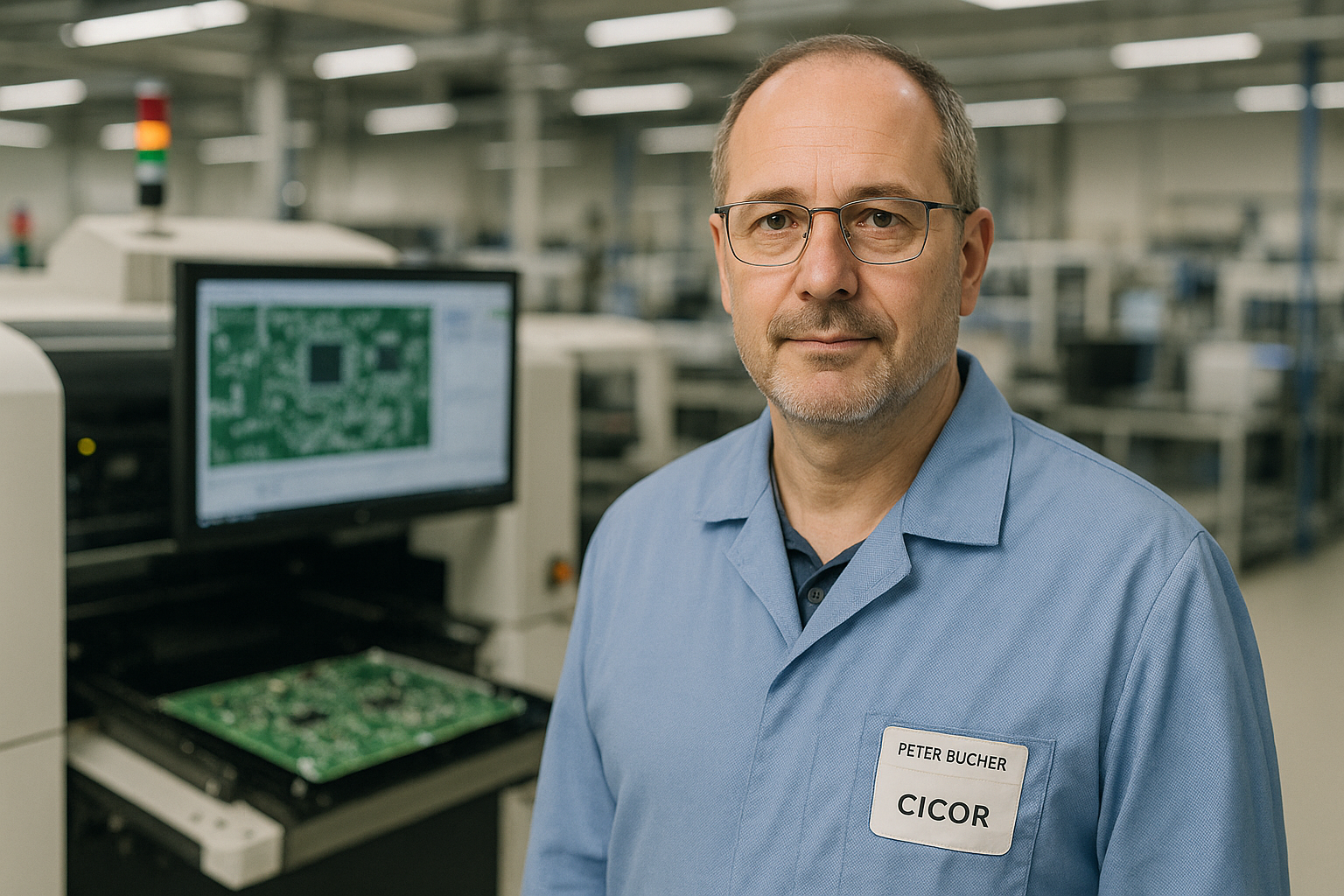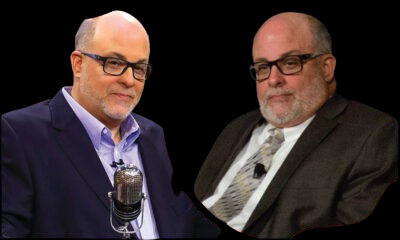Introduction: Leadership at the Intersection of Innovation and Operations
Peter Bucher serves as Head of Operations at Cicor’s Bronschhofen facility in Switzerland, where his leadership brings operational efficiency and innovation to the electronics manufacturing services (EMS) sector. His hands-on management and tech-forward mindset have positioned Cicor to adapt swiftly in an industry fraught with supply chain complexities, rising volumes, and traceability demands.
About Cicor: A Global EMS Powerhouse
Cicor Group, founded in 1966 and headquartered in Boudry, Switzerland, is a multinational electronics industry group with about 4,300 employees across 12 countries and a revenue of approximately 480.8 million CHF as of 2024. Cicor offers a comprehensive suite—EMS, engineering services, precision plastics, hybrid circuitry, PCBs, and printed electronics—serving industries such as medical, industrial, defense, transportation, and consumer goods.
Operational Challenges: Rising Complexity and Parcel Deluge
In today’s fast-paced EMS world, complexity in supply chains has skyrocketed. Cicor, like many manufacturers, saw an unprecedented surge in incoming parcels—up to fivefold increases—creating bottlenecks and risking shutdowns of production lines due to urgent components being buried under less-critical deliveries. Opening every package manually wasn’t viable, causing delays and mistakes, especially under pressure.
Strategic Vision: Pioneering Automation for Incoming Goods
Peter Bucher anticipated these challenges and spearheaded a move from manual parcel handling to intelligent automation. He collaborated with Swiss company CompControl to develop and implement iWE (intelligent Warehouse Entry)—a system that scans packages, matches them to orders, sorts by urgency, and archives all relevant info electronically. The system can triage packages before unpacking, prioritizing urgent items, and pushing non-urgent ones for later processing.
Results Delivered: Speed, Accuracy, Traceability
This automation led to remarkable improvements: faster and more precise goods receipt, reduced fatigue-driven errors, and the creation of an electronic archive pairing orders, delivery notes, and images of all labels. The solution also enforced strong master-data management, essential for accurate allocation amid frequently changing supplier names, part designations, or corporate reorganizations: at Bronschhofen alone, Bucher’s team manages around 16,000 material numbers.
Leadership Philosophy: Pragmatism, Trust, Collaboration
Bucher’s leadership revolves around pragmatism and collaboration. He chose CompControl not for off-the-shelf solutions but because they were open to creating a tailor-made system in partnership—one that fit Cicor’s exact needs. His emphasis on personal trust, both in client relationships and internal teamwork, ensures that technology doesn’t overshadow human expertise but empowers it.
Strategic Impact: Building a Blueprint for Group-Wide Transformation
The success of iWE at Bronschhofen has not gone unnoticed—other Cicor sites are evaluating similar automation frameworks. Bucher’s pioneering work is setting a benchmark for group-wide logistics transformation, offering a scalable model for improved speed, traceability, and reliability across the EMS network.
Lessons in Leadership and Innovation
- Act Before Crisis Strikes – Bucher’s foresight in embracing automation preemptively helped Cicor avoid operational gridlock.
- Pair Tech with Human Oversight – Smart automation works best when human expertise maintains data accuracy and oversight.
- Forge Trust-Based Collaborations – Tailored solutions come from teams that listen, adjust, and work as equals.
Conclusion: Continuous Evolution through Leadership and Technology
Peter Bucher’s leadership at Cicor embodies what modern manufacturing needs—a fusion of vision, technical innovation, and collaborative leadership. His direction turned logistical chaos into streamlined, traceable processes. By harnessing automation without sacrificing human oversight, Bucher didn’t just optimize operations—he laid the foundation for future-ready EMS efficiency. Cicor’s ability to keep production lines moving, comply with regulatory traceability, and remain agile in shifting markets is a testament to his strategic impact.




